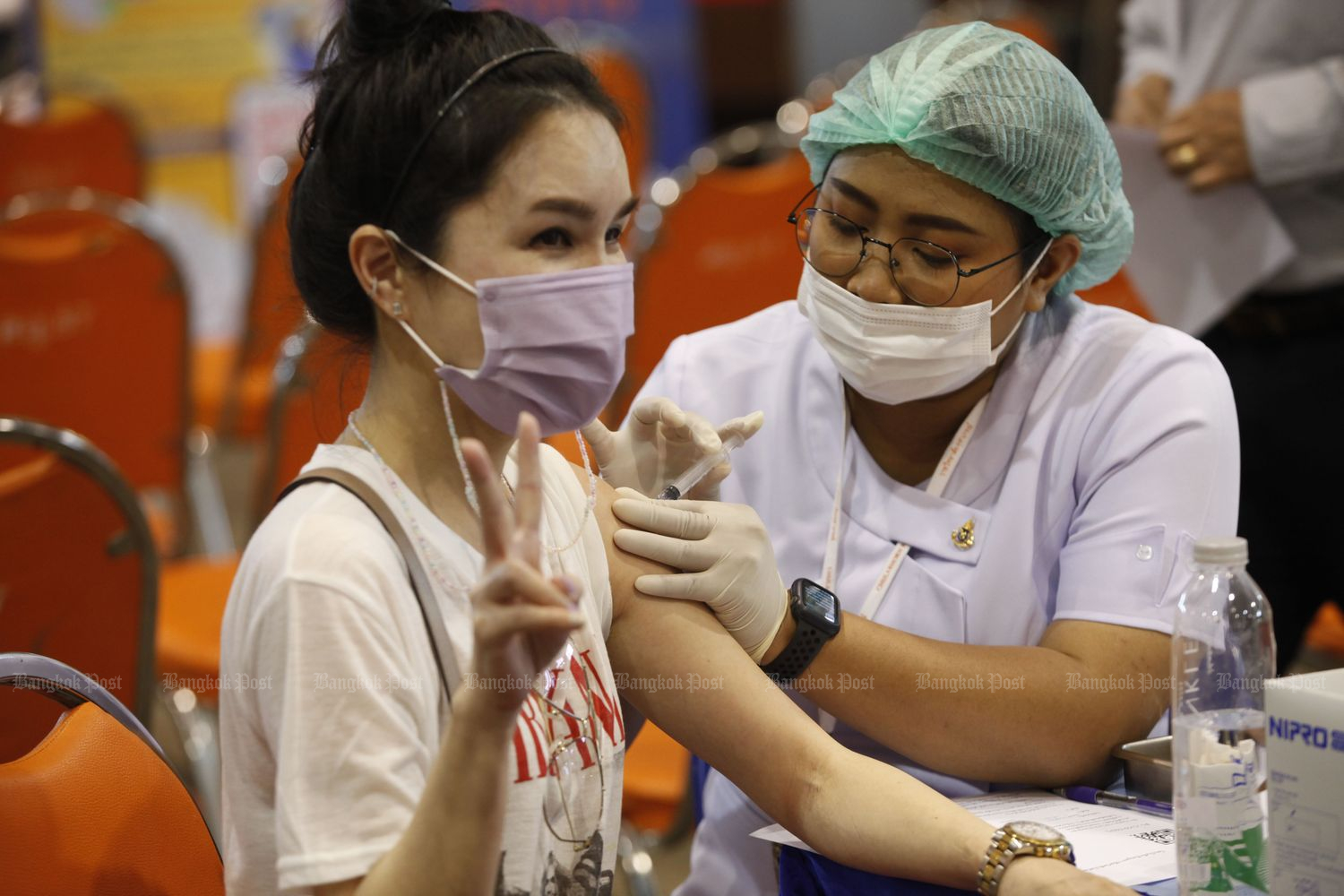
His Majesty the King's sister has approved coronavirus vaccine imports by an institution she sponsors, bypassing the government as it deals with surging infections and growing public anger over a slow and chaotic rollout.
The secretary-general of the Chulabhorn Royal Academy wrote on Facebook that the "alternative vaccines" would supplement the government campaign until it could meet the country's needs.
The government, which has long insisted it must handle all vaccine imports, will next month start its mass immunisation drive, which relies heavily on AstraZeneca vaccines manufactured locally by a company owned by the king.
The announcement in the Royal Gazette took some in the government by surprise, and comes as the country suffers its most severe Covid-19 outbreak so far and growing unease about the vaccine plan.
The decree was announced late on Tuesday and expanded the Chulabhorn Royal Academy's ability to respond to coronavirus. It was signed by Princess Chulabhorn, its chairwoman and the youngest sibling of King Maha Vajiralongkorn.
"The Royal Academy will procure 'alternative vaccines' until vaccines that are produced in the country reach a capacity that can sufficiently protect against outbreaks," its secretary-general, Nithi Mahanonda, posted on Facebook, adding that it would comply with regulations on imports and registration.
Health Minister Anutin Charnvirakul said he was unaware of the royal order before it was published.
"I just saw the announcement last night," Mr Anutin said when asked about it during a local television interview.
"But if it is a benefit to the country, we are ready."
Deputy Prime Minister Wissanu Krea-ngam said on Thursday the academy had to issue the announcement so it could qualify to import drugs and medical equipment and supplies.
“But this does not mean it can do so freely — it will have to comply with related laws in full, such as seeking approval from the Food and Drug Administration.”
He agreed with Dr Nithi that the institute could do so only during the Covid-19 crisis and when the vaccine supply was inadequate.
He added the institute, like private hospitals, could deal with foreign companies to import the vaccine using its own budget.
The Chulabhorn Royal Academy, which includes a hospital and research institute, will organise a news conference for Friday about what it said was its importation of the vaccine of Sinopharm.
Thailand is expected to approve the Chinese vaccine for emergency use this week.
It was not immediately clear how many vaccines the academy would import and when, as well as whether they would be free.
The government is expecting to have available 6 million AstraZeneca doses and 3 million doses of the Sinovac vaccine next month, as it starts its main drive to inoculate 70% of its more than 66 million people by year-end.
Other private hospitals plan to buy 10 million doses of Moderna vaccines through a state-run company.
Alternative vaccines are those the government does not offer or plan to administer for free. Currently, the government is administering shots made by Sinovac and AstraZeneca. It also plans to import vaccines made by Pfizer, Johnson & Johnson and Gamaleya (Sputnik V).
Authorities on Thursday reported 47 new coronavirus deaths, a record for the second successive day, bringing total fatalities to 920, with 141,217 cases overall.
